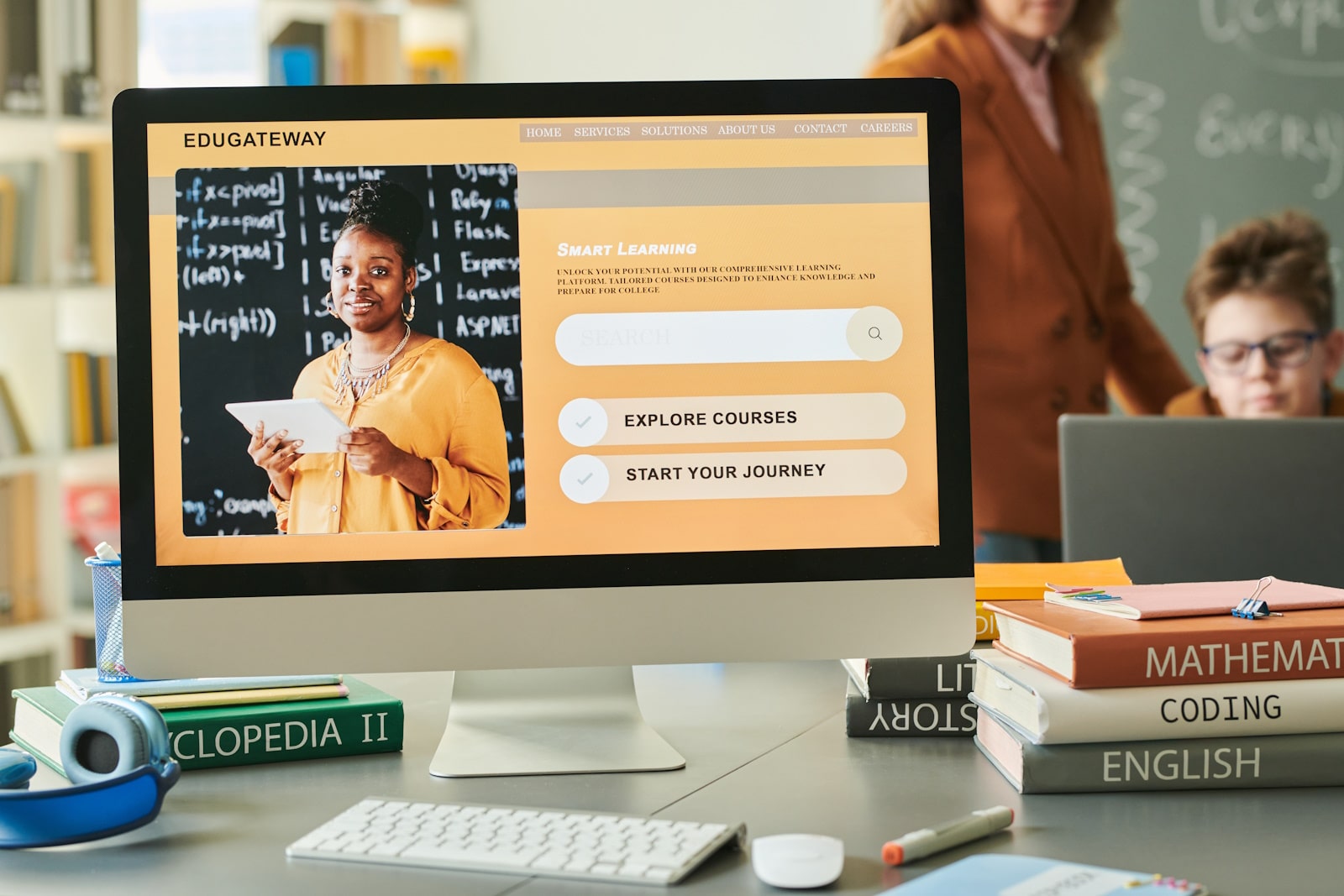
Learning Management Systems in South Africa: Changing Education
The South African educational landscape faces challenges ranging from resource scarcity to disparities in rural and urban access to quality education. As the demand for digital transformation grows, learning management systems in South Africa have become a central tool in bridging these educational gaps, enabling remote learning, and making quality education more accessible for students across diverse socio-economic backgrounds.
Overview of South Africa’s Educational Landscape
South Africa’s education system has long been marked by inequalities, particularly between urban and rural areas. Schools in rural and under-resourced regions face challenges such as a shortage of trained educators, limited access to technology, and infrastructure issues. Recent reports highlight ongoing efforts to enhance foundational education and to boost literacy and numeracy rates among primary students, yet significant disparities remain in the quality and accessibility of education across the country. With a substantial number of students lacking access to high-quality learning environments, learning management systems in South Africa can serve as a game-changer in equalising educational opportunities for students nationwide.
Essential LMS Features and Their Benefits
Learning management systems in South Africa offers several features that improve the educational experience by supporting both educators and learners. Key features include:
- Course Management and Content Delivery: LMS allow educators to design courses, organise materials, and set timelines for lessons, which can benefit students in remote or rural areas who lack regular access to teachers.
- Assessment Tools: Through quizzes, assignments, and exams, educators can monitor student performance and provide timely feedback. Automated grading further streamlines the process.
- Communication Tools: Integrated messaging and forum options foster collaboration among students and teachers, breaking down geographical barriers.
- Analytics and Reporting: By tracking learner engagement and course completion rates, learning management systems empower educators to make data-driven improvements in their teaching.
These tools collectively enhance flexibility and accessibility, empowering students in South Africa to learn at their own pace while facilitating instructors’ work and enabling data-driven approaches to improve learning outcomes.
Advanced LMS Features Shaping Future Education
In addition to the basics, advanced LMS capabilities are enhancing learning outcomes and offering more personalised experiences:
- Micro-Learning and Modular Content: Micro-learning delivers bite-sized content, which helps with knowledge retention and is ideal for students balancing school with other commitments. Many South African institutions are beginning to adopt this approach to make learning more engaging and accessible.
- Gamification: By integrating gamified elements like badges and leaderboards, LMS encourages student participation and motivation, making the learning experience more enjoyable.
- AI-Powered Personalization: Some advanced LMS use AI to tailor learning paths based on individual students’ progress, ensuring that students receive targeted support where needed.
- Mobile Accessibility: As smartphone usage increases, mobile-optimised LMS make learning accessible anytime, anywhere, which is especially beneficial for students in regions with limited physical school infrastructure.
How LMS Bridge Educational Gaps
Learning management systems addresses a fundamental issue in South Africa’s education system: unequal access. By facilitating blended learning—a combination of online and traditional classroom teaching—LMS helps institutions provide a more inclusive educational experience. For instance, Sound Idea Digital, a local LMS provider, emphasises how blended learning has enabled students in rural areas to access resources previously available only in urban centres, thus bridging educational gaps effectively.
With asynchronous learning options, students who cannot attend live classes due to connectivity issues can still access recorded lessons and other materials, promoting equity in education. LMS also allows for regular assessments and progress tracking, so educators can intervene early if students fall behind, offering targeted support to prevent students from slipping through the cracks.
Case Studies: Success Stories of LMS in South African Education
LMS platforms are already proving effective in South Africa, with several institutions successfully implementing them to support students across diverse regions:
Sound Idea Digital’s learning management system has been instrumental in advancing blended learning across various schools in South Africa. The platform combines online resources with traditional teaching, allowing educators to provide flexible learning opportunities, especially beneficial for students in rural and low-resource settings.
The case study illustrates how LMS platforms can improve educational outcomes, foster inclusivity, and help South Africa achieve its educational goals despite existing challenges.
The Future of LMS and Digital Education in South Africa
As South Africa’s education system continues to evolve, LMS will likely play an increasingly critical role in addressing learning inequalities, especially with government support and investment. The adoption of LMS aligns with global educational trends, pushing South African institutions toward more sustainable, accessible, and equitable learning environments.
LMS are not just about digitising education—they are about transforming it. By enabling access, fostering flexibility, and supporting diverse learning needs, LMS holds the potential to uplift South Africa’s educational system. From rural communities to urban centres, these platforms are paving the way for a more inclusive and equitable future in education. Get in touch with us if you’re curious to find out more about the impact of learning management systems in South Africa.



